Small Harvest but Big Satisfaction: Birdwatching at a Mountain Field
今日のお気に入りの山のフィールドでのバードウォッチングでは、2種の留鳥、シジュウカラとヤマガラだけが活発に動き回っていました。
その結果、収穫は少なかったですが、「足るを知る」をモットーとしているので、2種を撮影できただけでも満足しています。
In today’s bird-watching at my favorite mountain field, only two resident birds, the great tit and the varied tit, were actively moving around—temporarily, though.
As a result, the harvest was small, but I am satisfied with just being able to photograph the two species, as I follow the motto of “we should learn when to be satisfied.”
花鳥風月…『花』|Beauties of Nature : Flowers
ミツマタ|Paper Bush
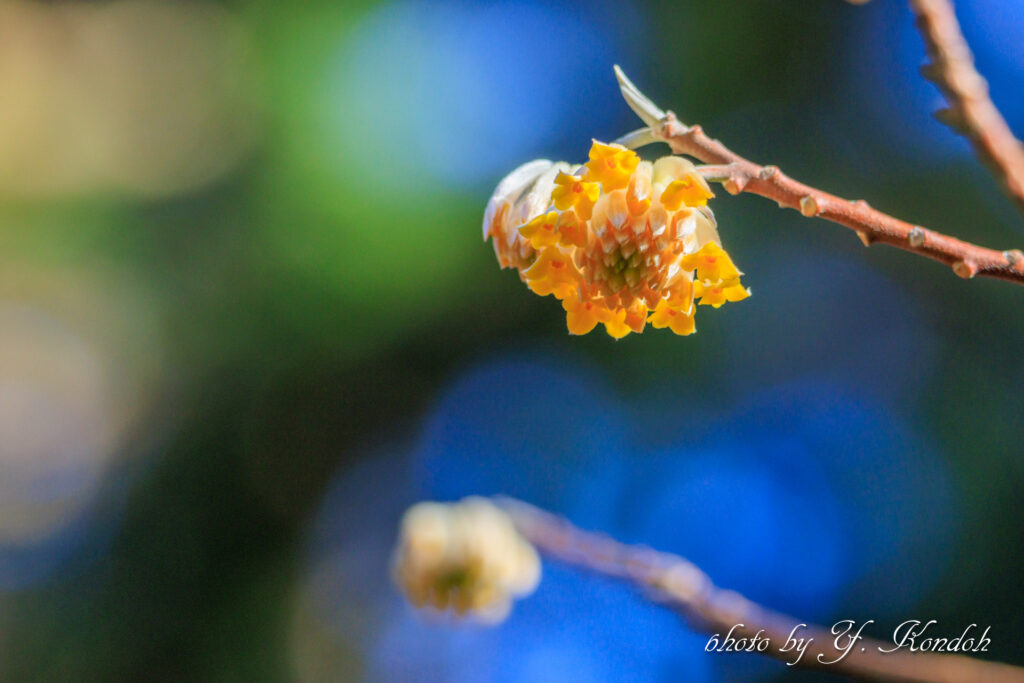
フクジュソウ|Adnis
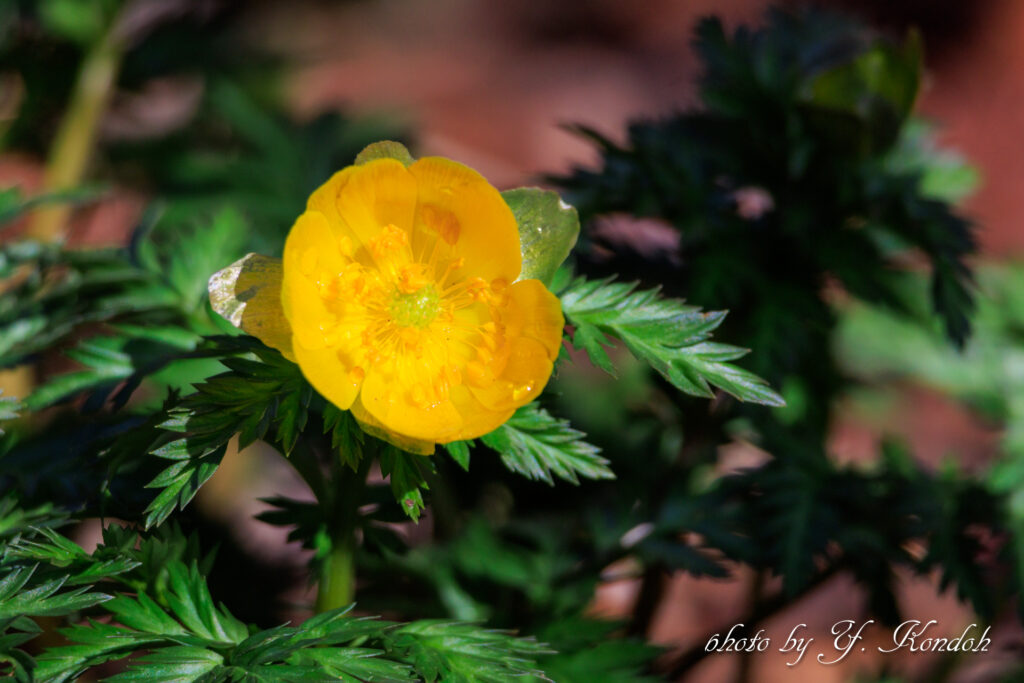
カタクリの葉|Katakuri
まだ小さいですが、カタクリの葉がチラホラと見られるようになりました。
Although still small, we can now see here and there the leaves of Katakuri, or the dogtooth violet.
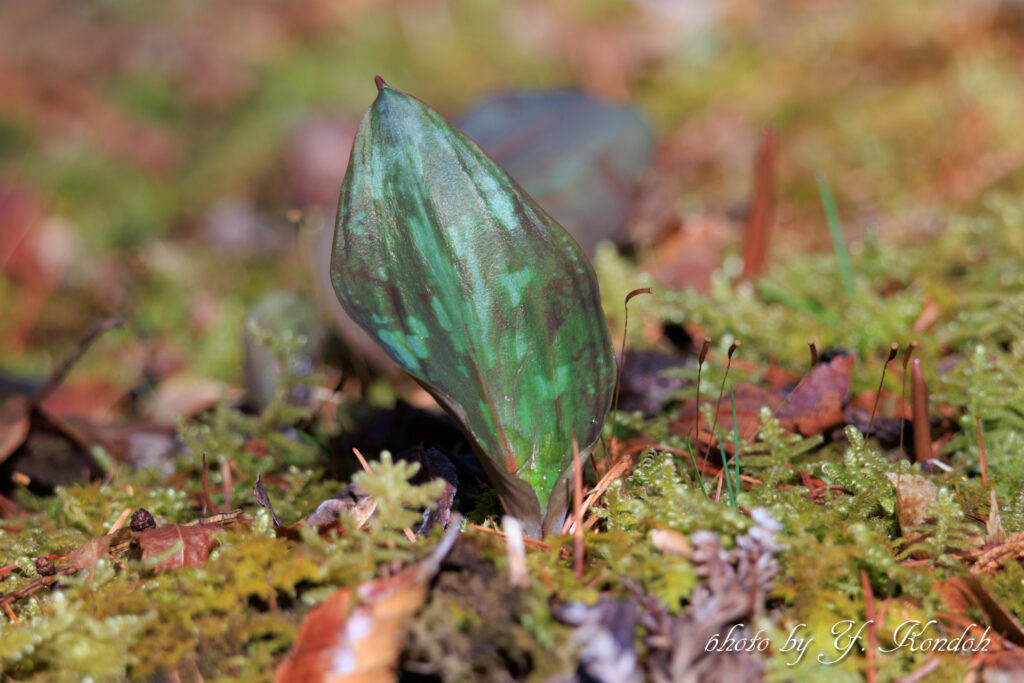
ヤマシャクヤクの新芽|Mountain Peony
これらはヤマシャクヤクの新芽です。芍薬の新芽とそっくりです。
These are the new sprouts of mountain peonies. They look just like the new sprouts of regular peonies.
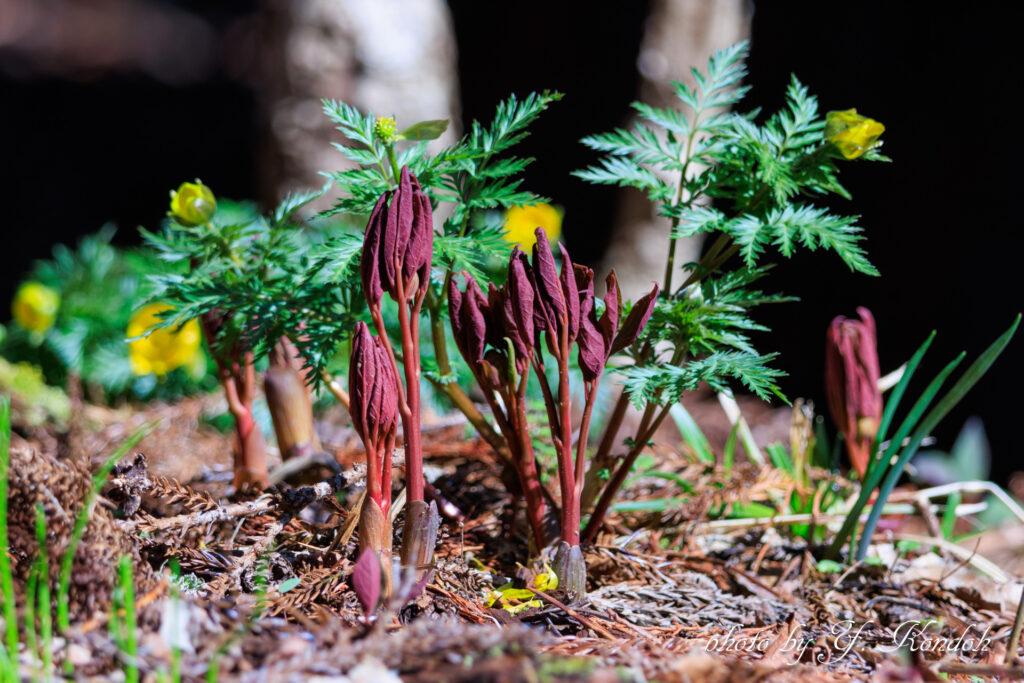
花鳥風月…『鳥』|Beauties of Nature : Birds
シジュウカラ|Great Tit
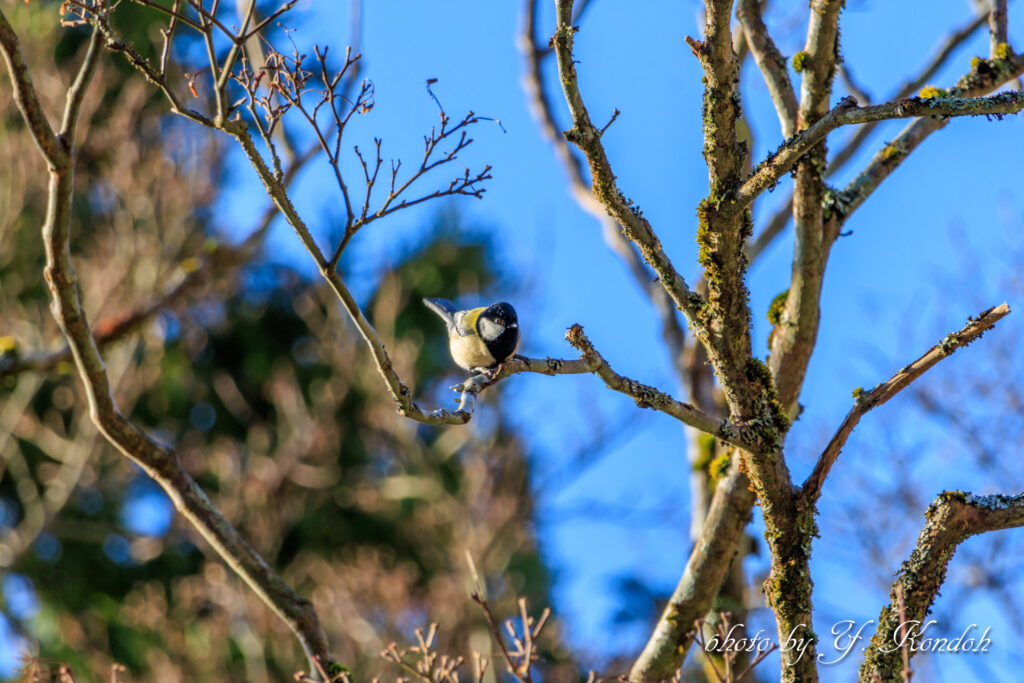
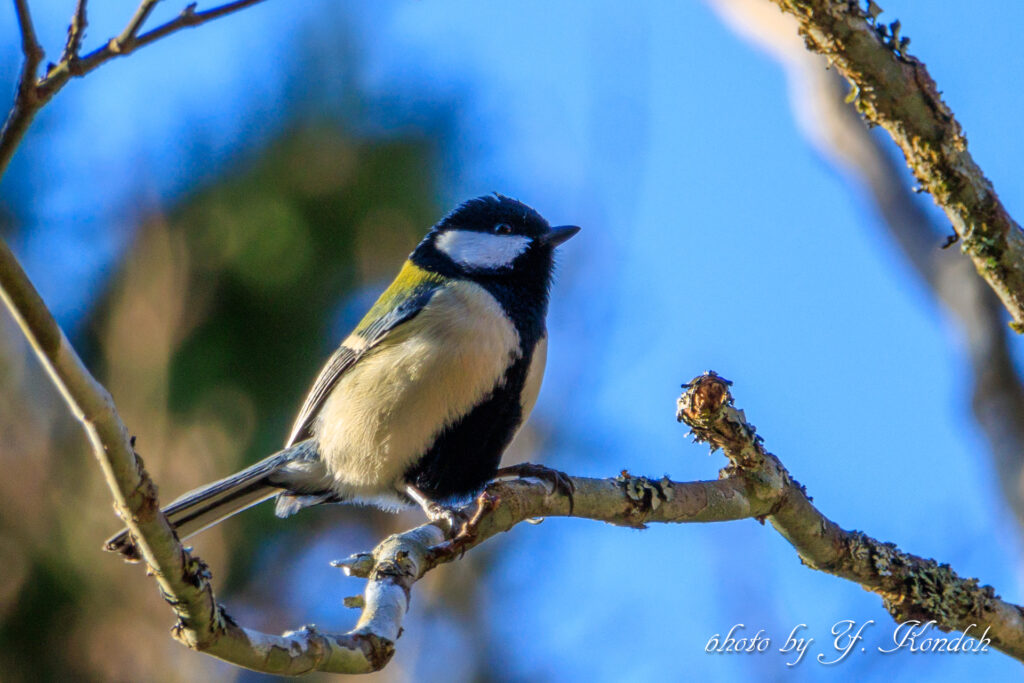
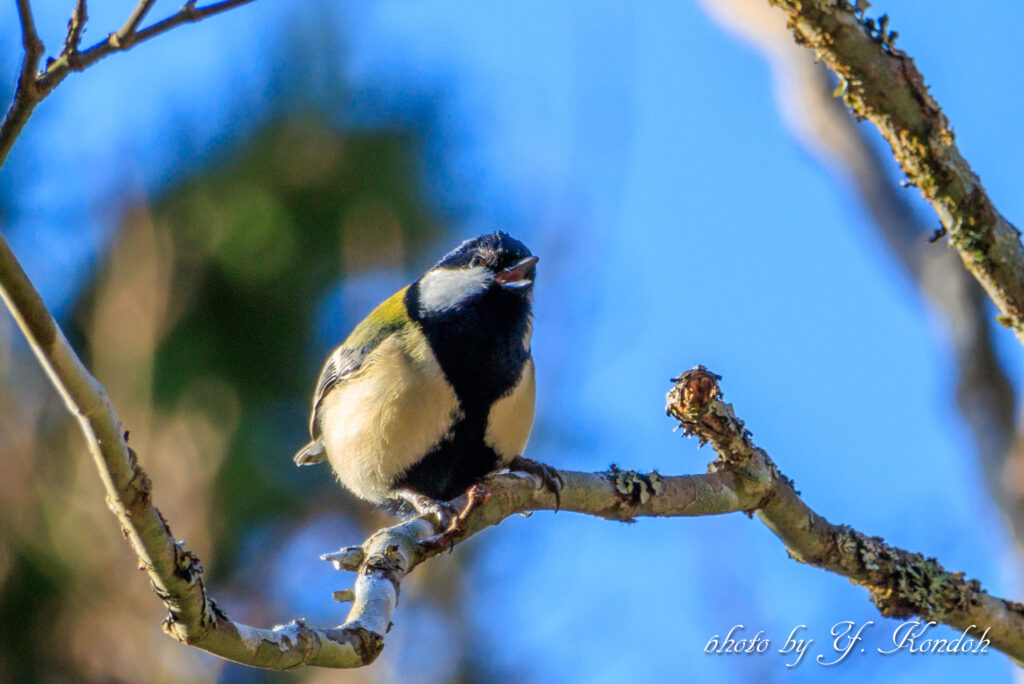
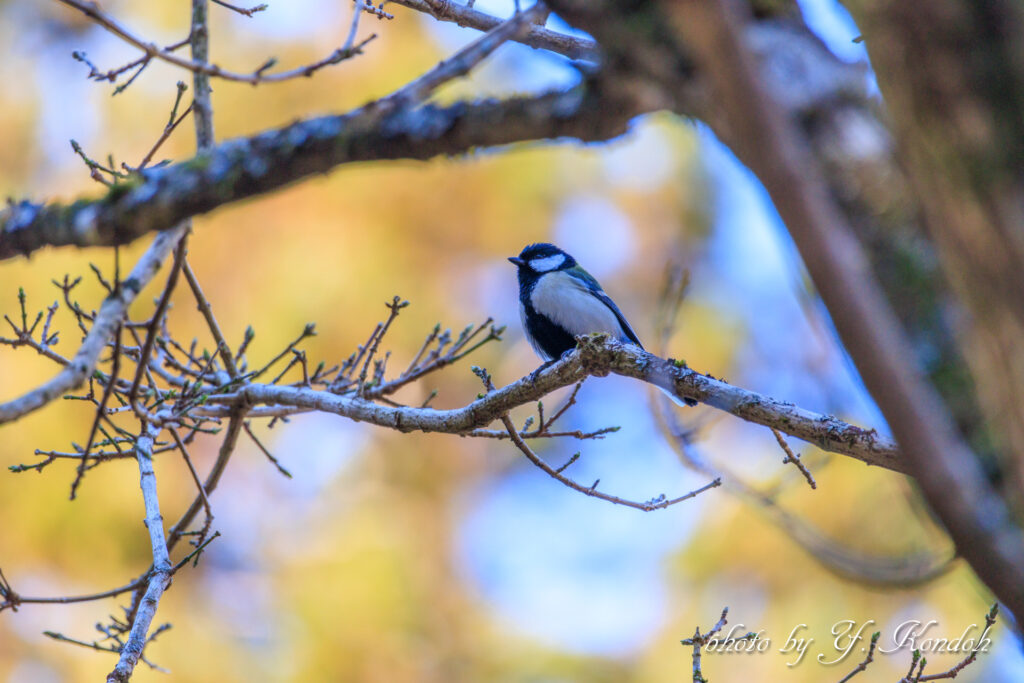
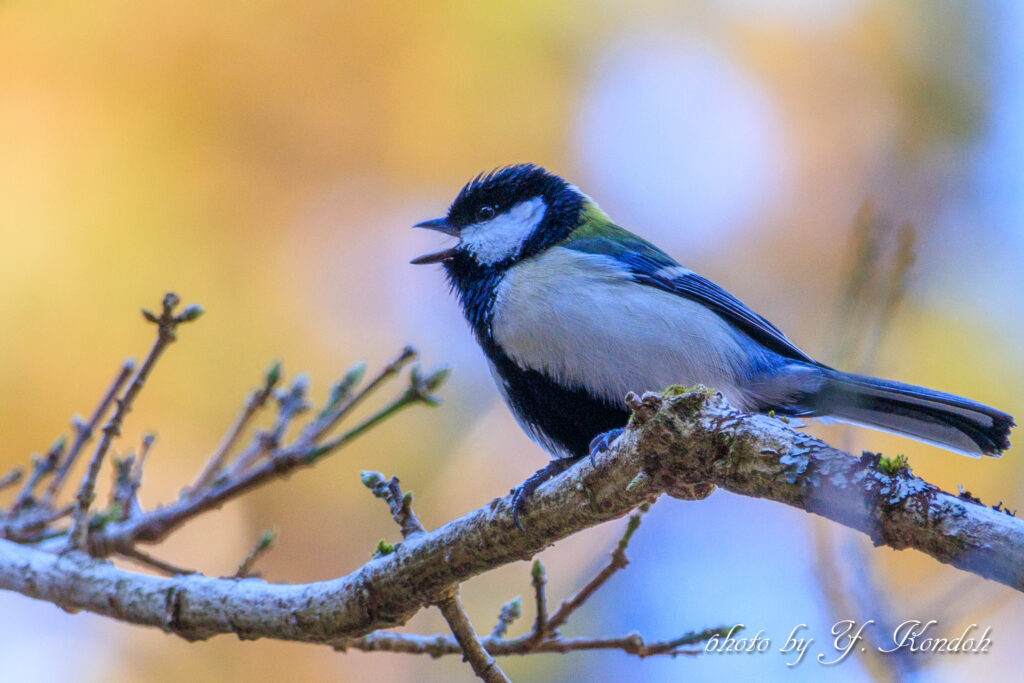
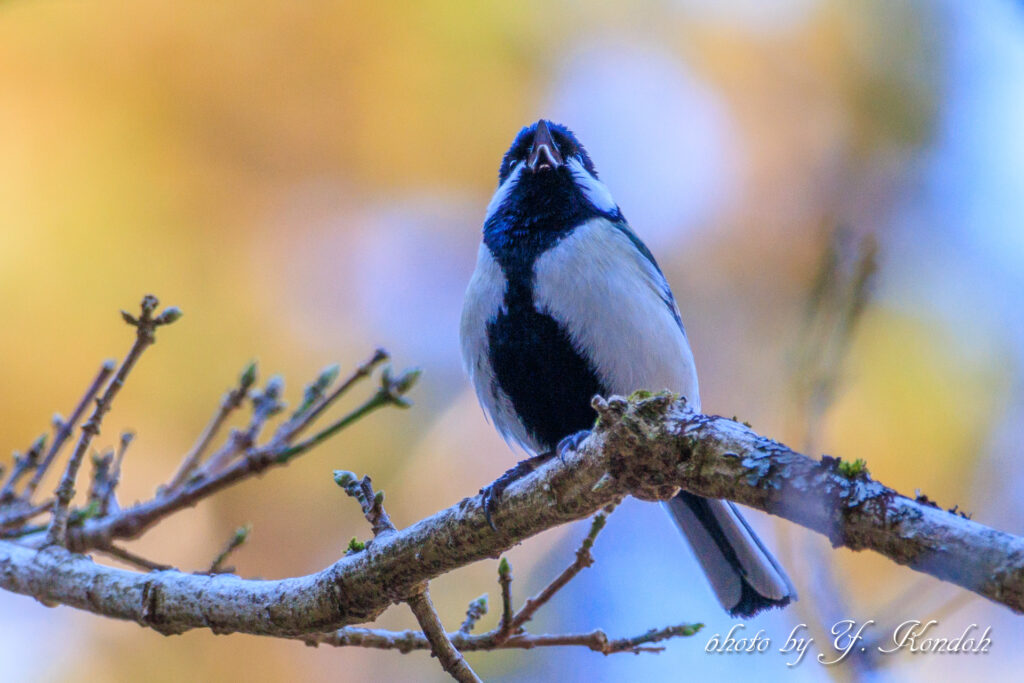
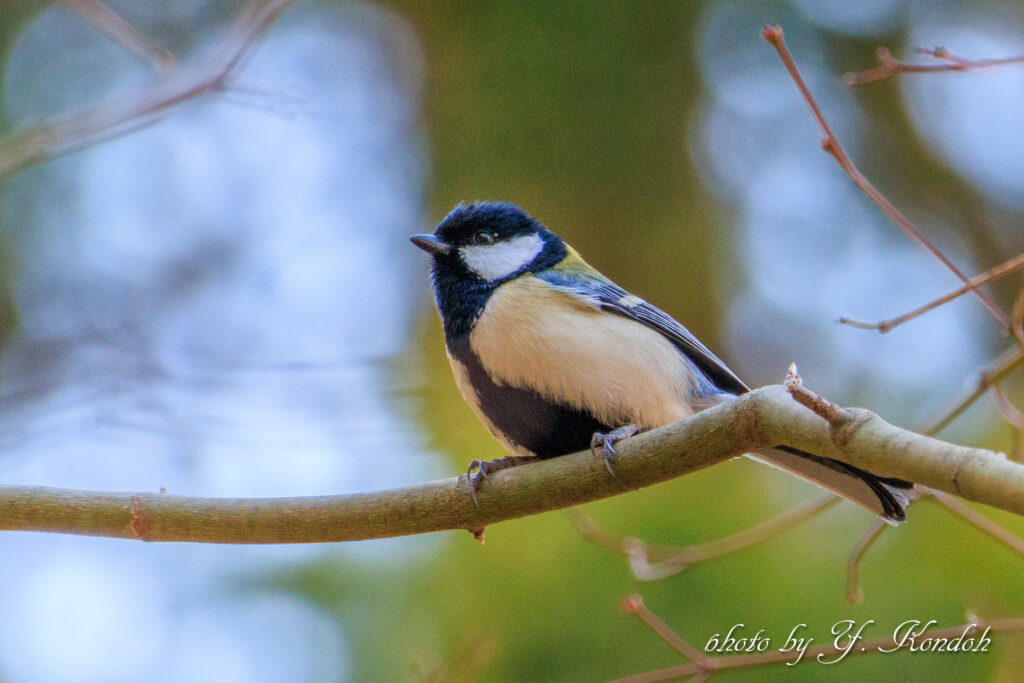
ヤマガラ|Varied Tit
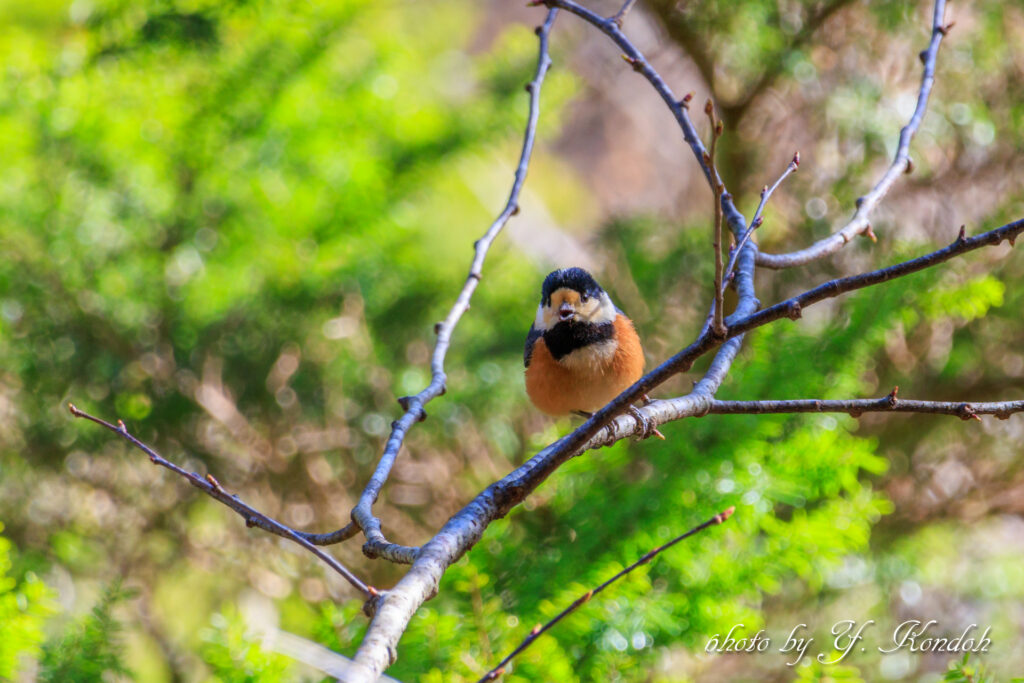
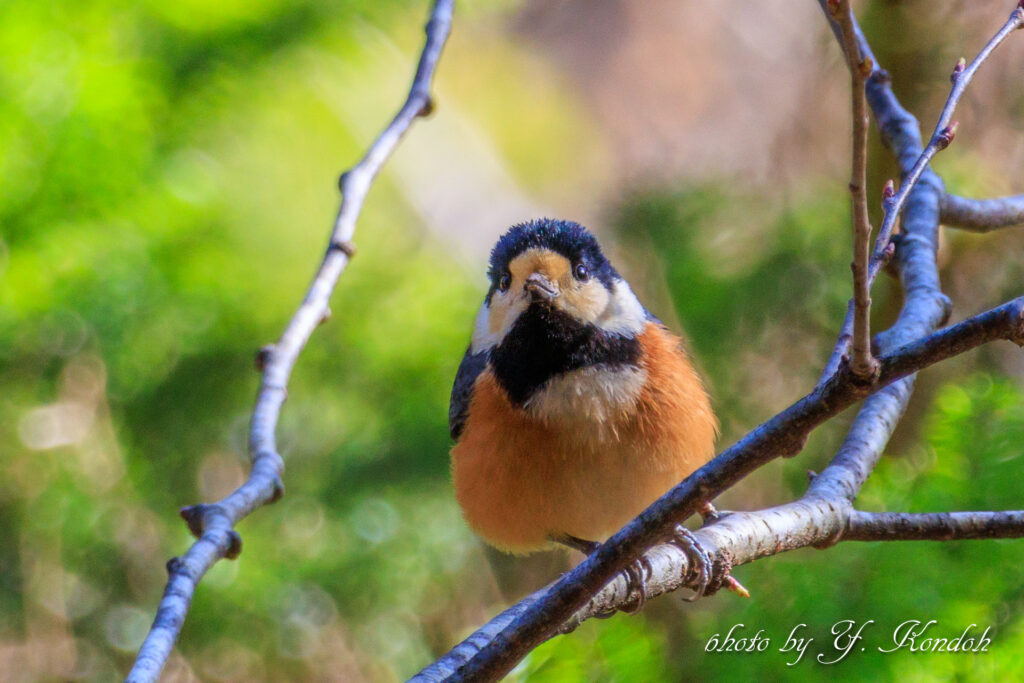
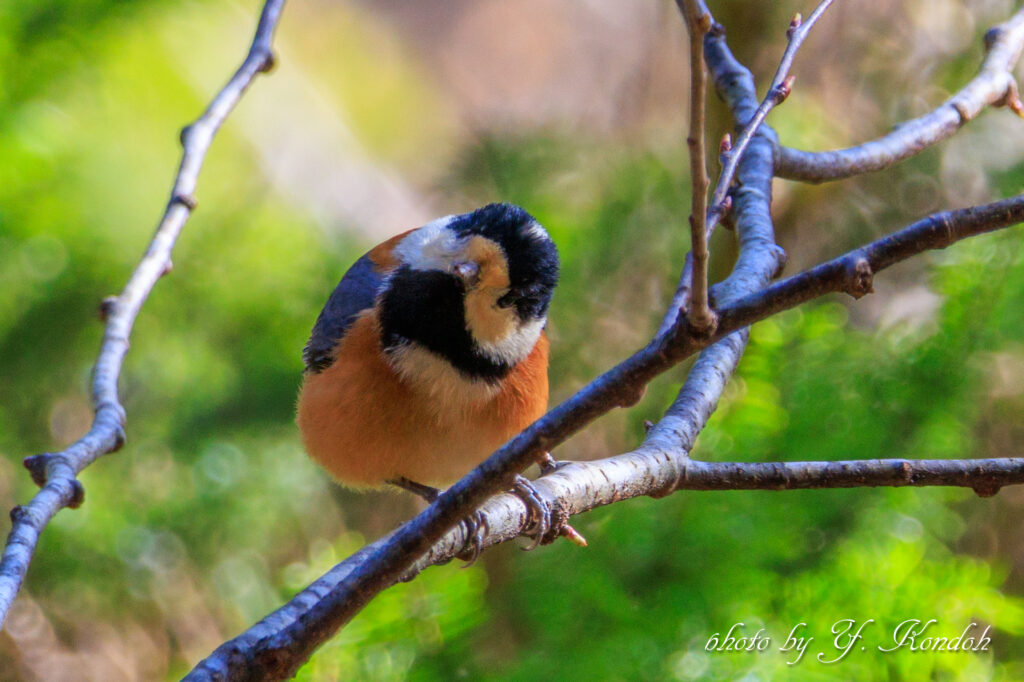
あとがき|Wrap-UP
自然大好き人間にとっては、この山のフィールドは、あまり撮影する機会に恵まれなくてもそこにいるだけで心地よい時間を過ごすことができますのでオススメのポイントです。
しかし、3月から4月の上旬にかけては、杉や檜の花粉の飛散に気をつけなければなりません。ひどい時には、まるで濃霧の中にいるような状態になることがあります。
花粉症の人は特に気をつけましょう。
For nature lovers, this mountain field is a recommended spot because you can spend a pleasant time just being there, even if you don’t have many opportunities to take pictures.
However, from March to early April, you need to be careful about the pollen of cedar and cypress trees. At worst, you may feel like you are in a dense fog.
People with hay fever should be especially careful.

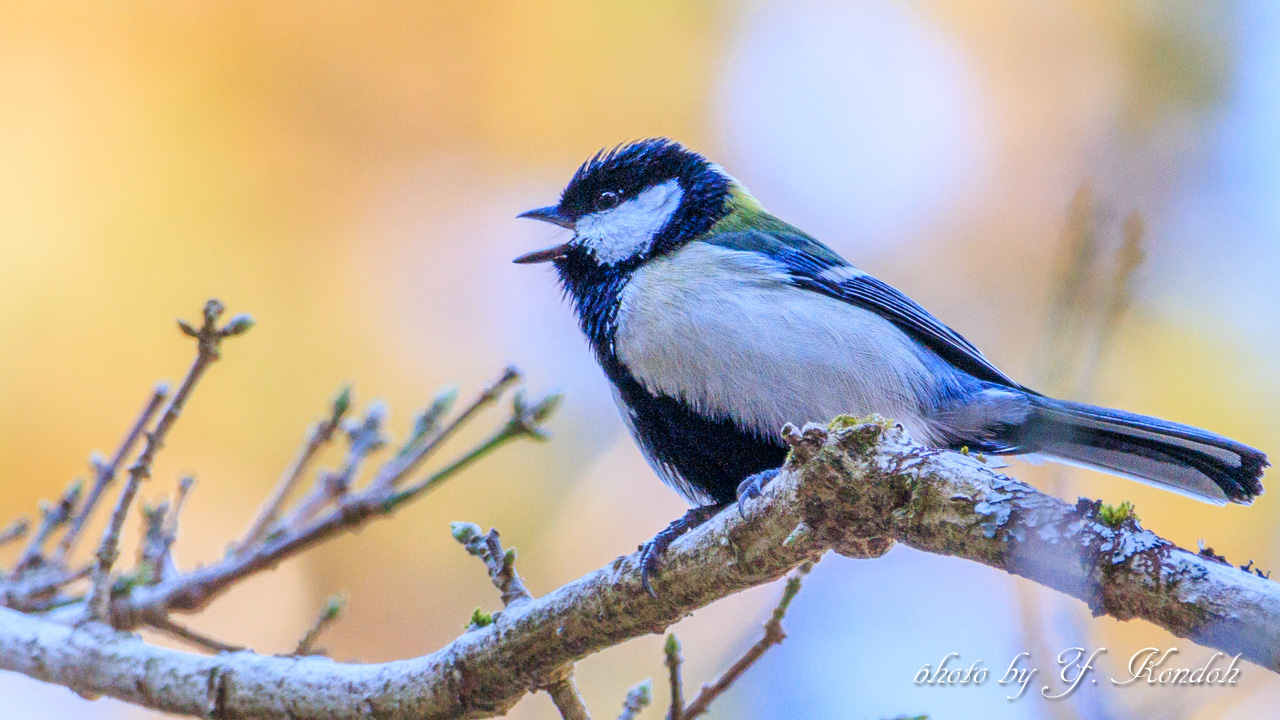


コメント